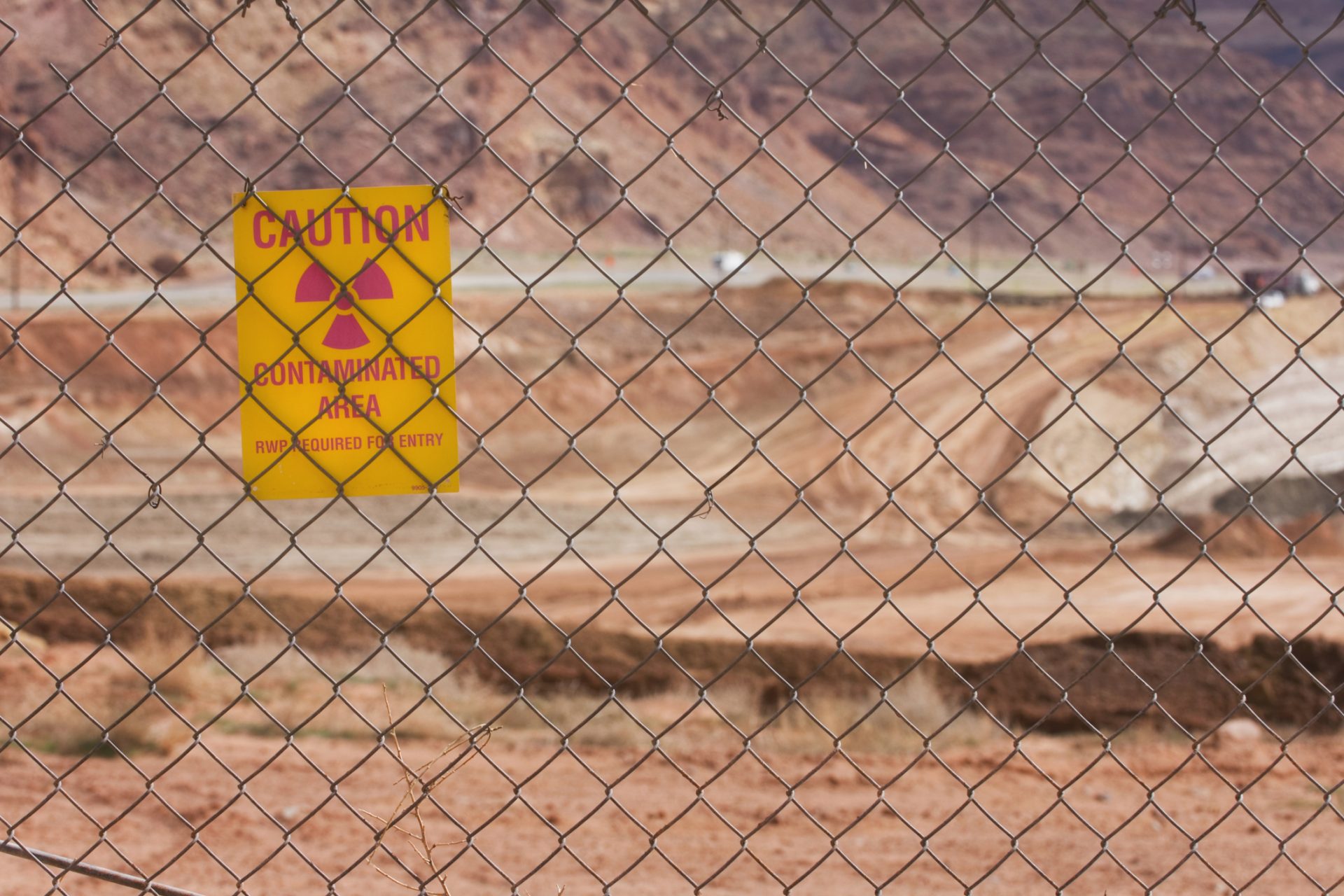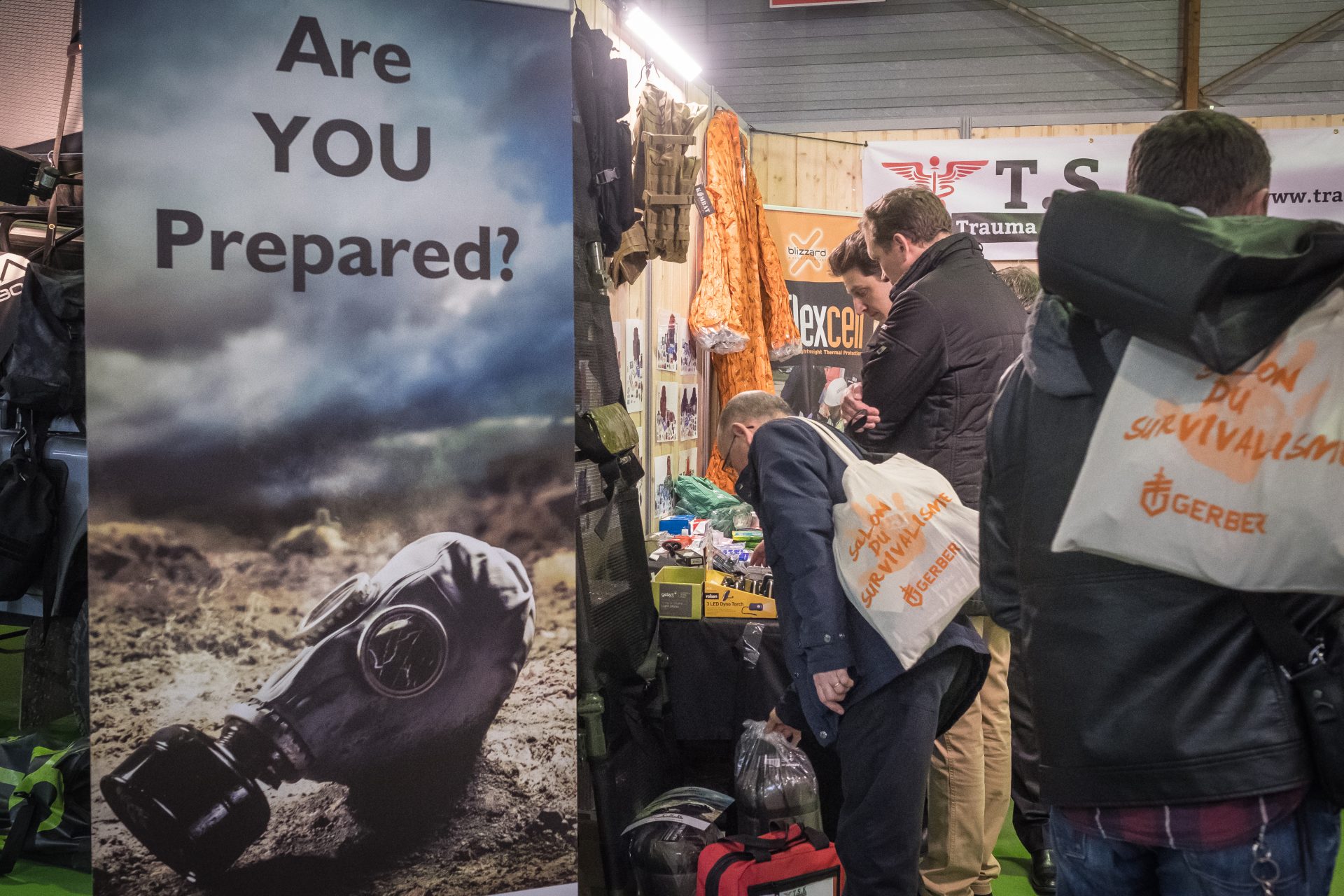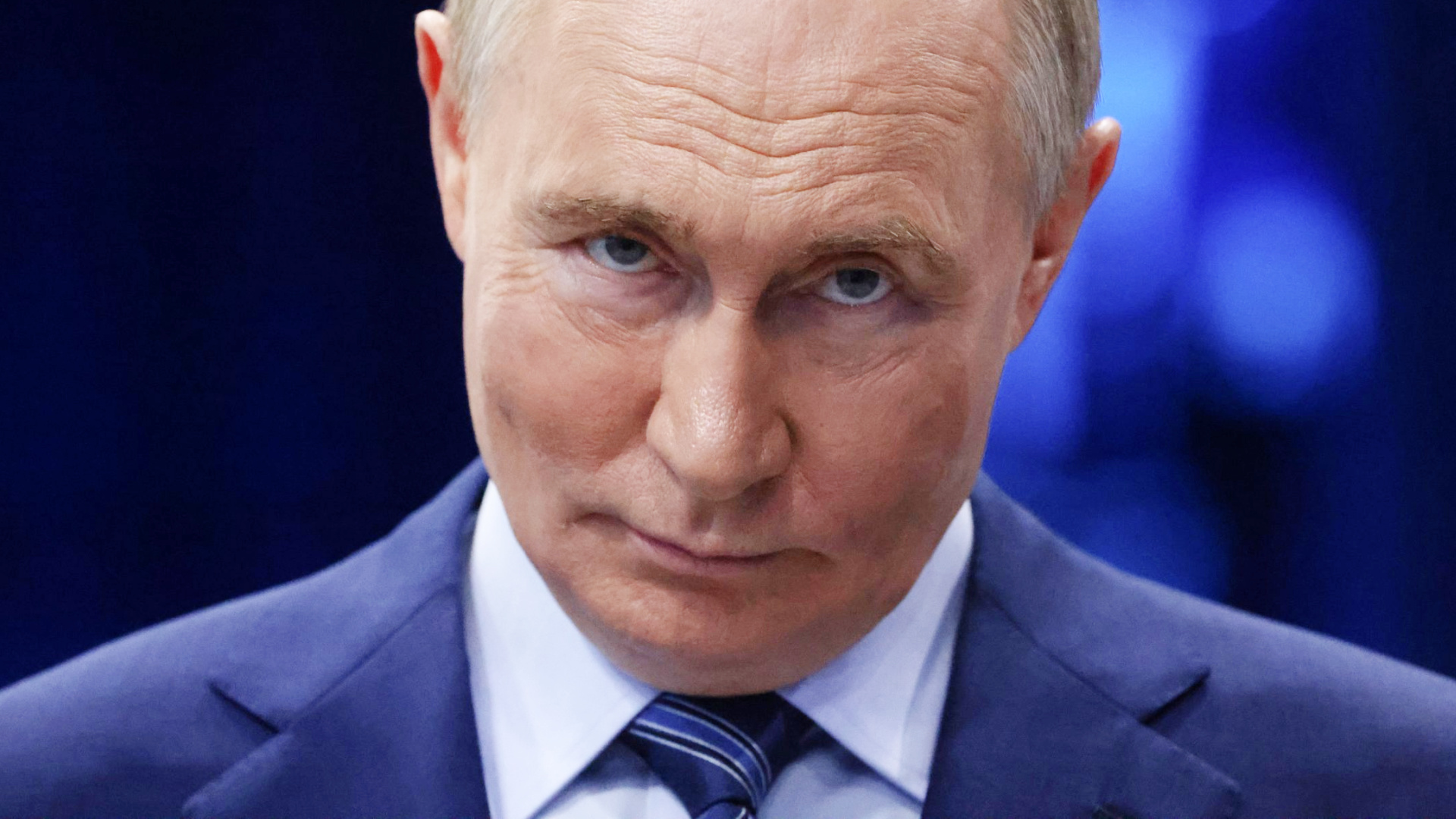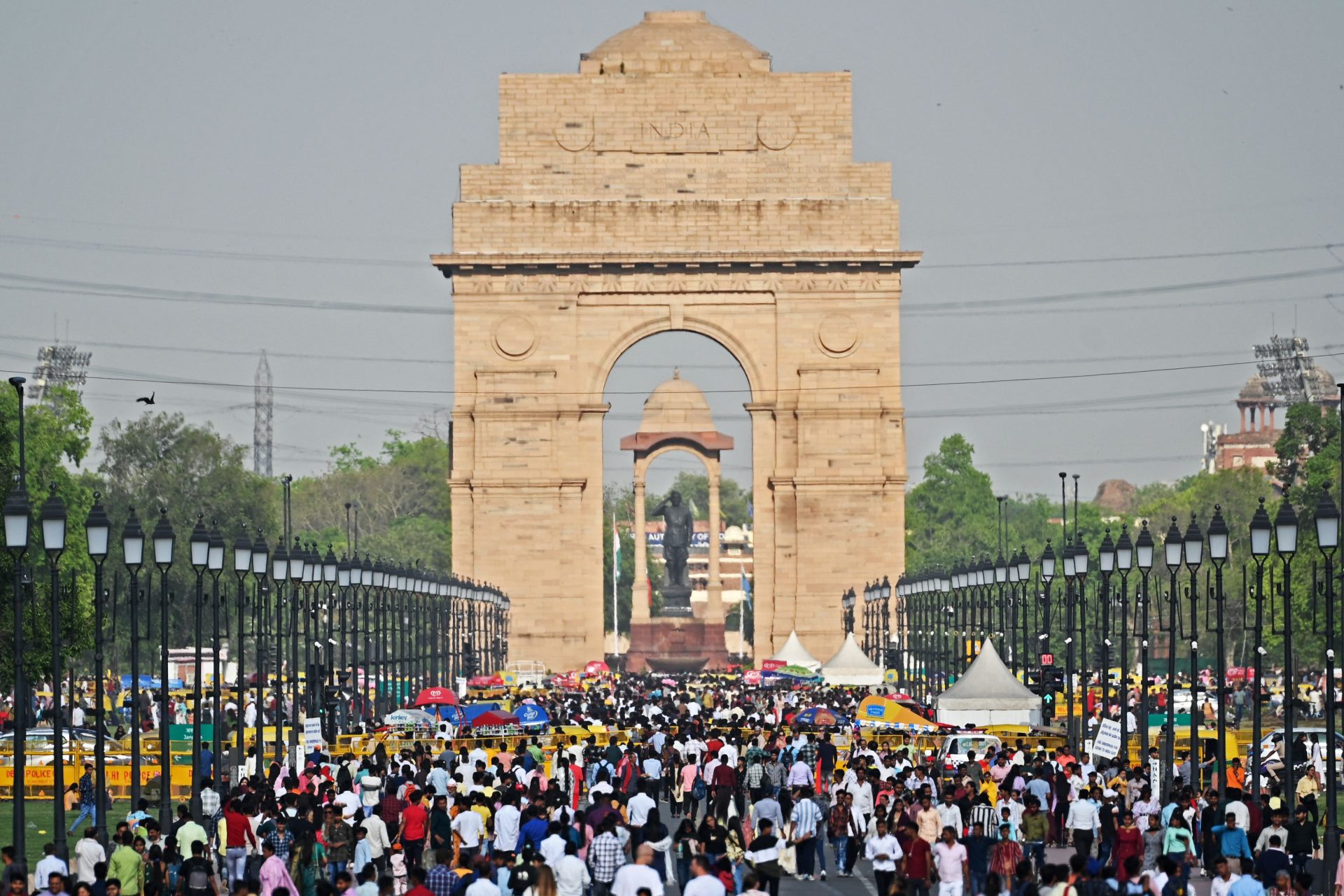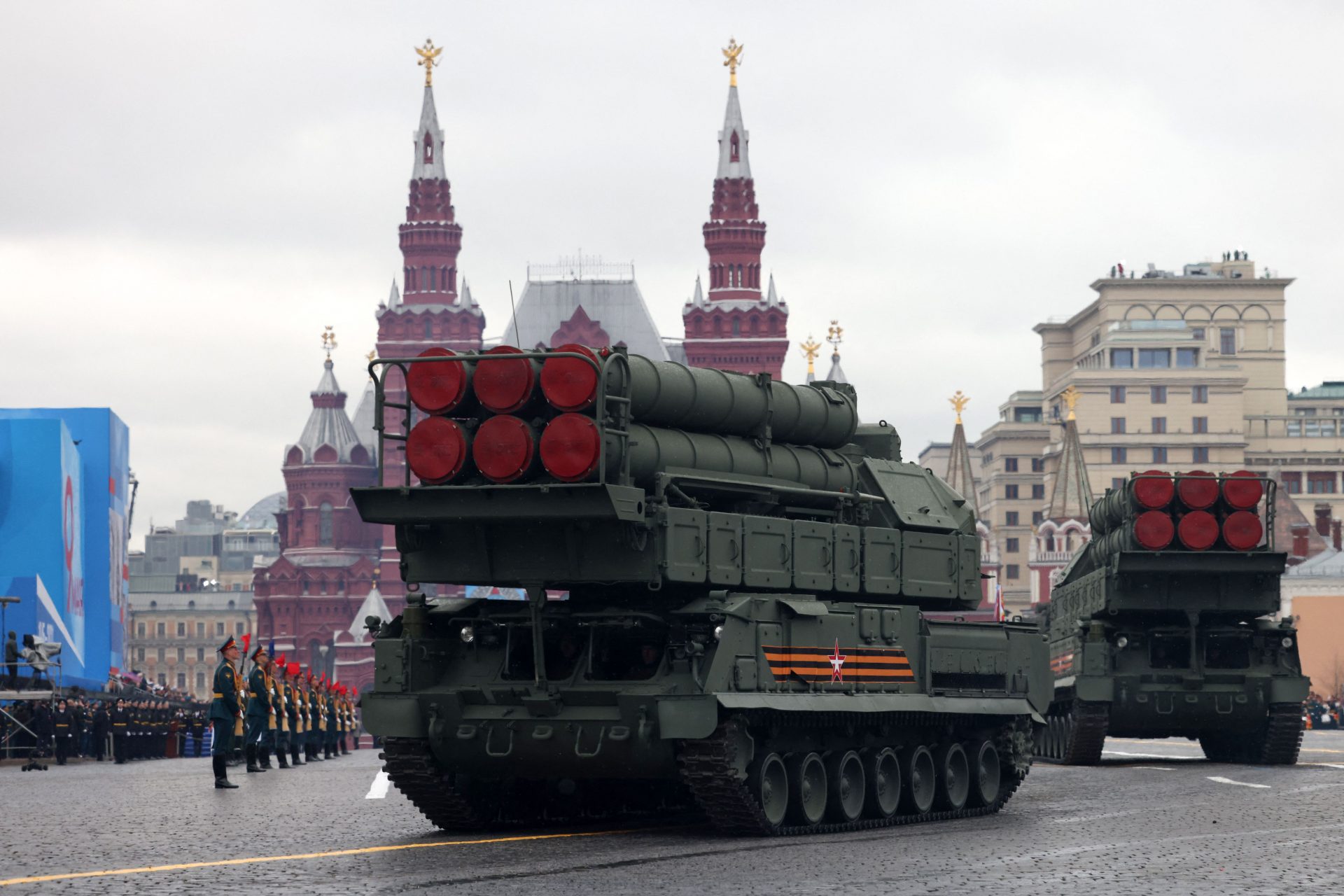Afghanistan: Where the British, the Russians and the Americans failed
Afghanistan has been nicknamed the 'Graveyard of Empires' and for a good reason: for many centuries stronger and more powerful countries tried to occupy the country, only to fail miserably.
There are many reasons this territory, roughly of the size of Texas, is so difficult to occupy and conquer. The main motive seems to be the harsh conditions of the landscape, which is dry and full of hills and mountains.
Afghanistan is also a mostly tribal society made up of several ethnic groups, with close-knit clans that tend to remain impenetrable to outsiders.
The retreat of US troops from Afghanistan in 2021, which led to the sudden collapse of the government in Kabul and the Taliban taking over in just a few days, was met with shock across the Western world.
Looking back, however, it shows the United States was just the latest of a line of superpowers that tried (and failed) to get a foothold in Afghanistan.
During the 19th century, the Russian and British Empire wrestled over what today is Afghanistan in a series of conflicts dubbed The Great Game.
Invading from current-day Pakistan, the British declared war on the Emirate of Kabul in 1838 out of fear that the court was becoming too close to Imperial Russia.
Four years later, the British were expelled. Famously, out of 4,500 British troops and 14,000 camp followers, only one Dr. William Brydon survived the retreat of Kabul.
The British and the Afghans would fight two more wars in 1878 and in 1919. Although in both cases it ended up in a victory for London, the British didn't try to maintain a permanent presence in the country and Kabul ultimately reaffirmed its independence.
For a good part of the 20th century, Afghanistan lived in stability under the rule of King Mohammed Zahir Shah, pictured here with his wife in 1972.
Part of this peace and stability was thanks to the fact that Afghanistan adopted a position of non-alignment between the Soviet Union and the western powers, with Kabul remaining on good terms with Moscow.
The Red Army had ventured into Afghan territory two times in the late 1920s to help reestablish the monarchy amid an armed conflict with conservative Muslim factions that, in turn, were operating within Soviet territory.
Afghanistan became a republic in 1973. Then, in 1978, a pro-Soviet government came to power and executed President Mohammed Doud Khan. This was known as the Saur Revolution.
Nur Muhammad Taraki, the paramount leader of the revolutionary government, was assassinated by his political rivals in October 1979. The Soviet Union, fearing that a regime change might create closer ties to the United States, invades Afghanistan that year.
The Soviet military intervention, heavily criticized in the international stage, originally was meant to last only a few months while securing towns and cities and stabilizing the government.
Instead, the conflict dragged on for a decade and grew increasingly unpopular at home. Some have dubbed the conflict as the Soviet Union's own Vietnam War.
The Soviet-Afghan War ended up becoming a proxy war between the Soviet army and the pro-Soviet Kabul government on one side, and the Mujaheddin, supported by the United States, the United Kingdom, and China, on the other.
The failure of the Soviet intervention in Afghanistan is generally cited as one of the factors that led to the fall of the Soviet Union.
Meanwhile, the CIA's support of extremist religious groups against the Soviet-backed forces led to a civil war in Afghanistan through the 1990s and the Taliban eventually taking over the country.
Everything changed after 9/11. Less than a month after the attacks on the World Trade Center, the US military invaded Afghanistan and toppled the Taliban-run government.
But just like the British and the Soviets, the US invasion of Afghanistan ended up in a massive failure. After all, one thing is invading a country and another thing is controlling the country.
More for you
Top Stories



























